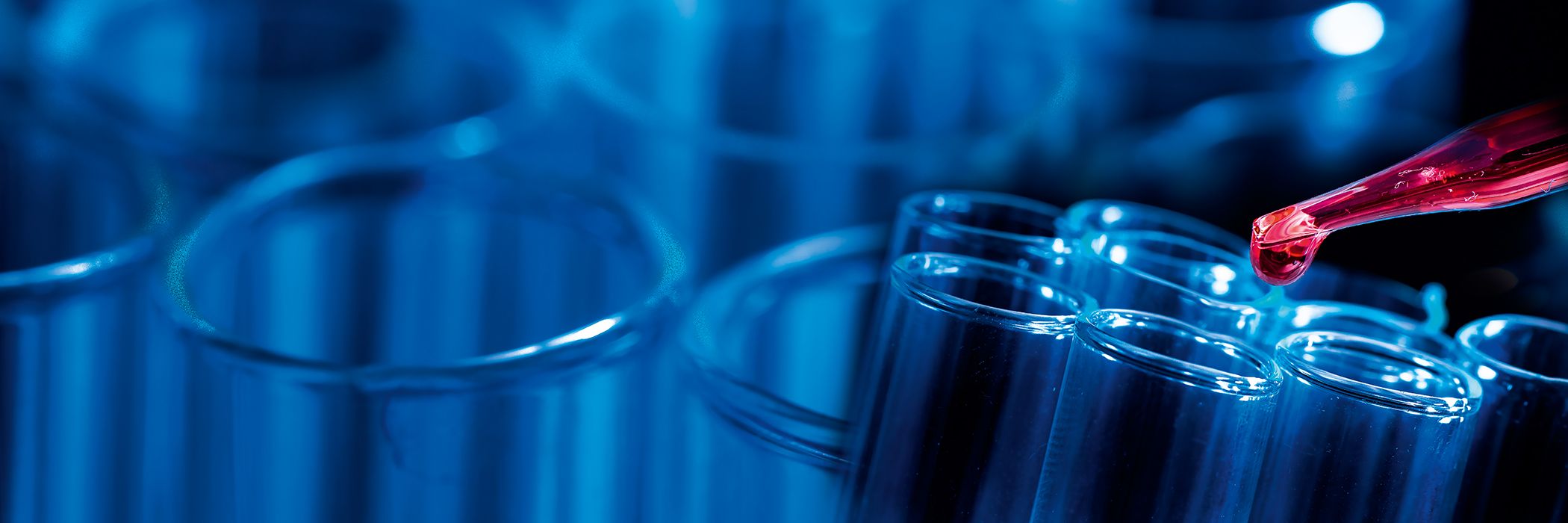Terminus
In-built Triggered Enzymes to Recycle Multi-layers: an INnovation for USes in plastic-packaging
TERMINUS addresses the challenge of unlocking recycling and reuse of flexible multi-layer and multi-compounds packaging materials used for food, beverages, cosmetics, pet food, fertilisers, any perishable goods in general. It will develop a range of smart enzyme-containing polymers with triggered intrinsic self-biodegradation properties, acting as adhesives or tie layers in the design and manufacturing of multi-layer plastics for food and non-food applications. The technology will be applied to biodegradable PUR-based adhesives for adhesive lamination and extrusion coating lamination, and polymers and tie layers (PBS, PLA, PPC or PCL) in blown extrusion.
TERMINUS will base its innovative and challenging objectives on a cross-disciplinary team of renowned organizations with expertise in enzymatic biodegradation of polymers, thermal protection of enzymes using nm organosilica and layered double hydroxide, cyclodextrins, UV and water triggered enzymatic activity, formulation of advanced polymers, manufacturing of multilayer plastic packaging, plastics recycling.
TERMINUS is based on TRL3 technologies and will reach TRL5. It will result in major market opportunities for European industrials in several well-established markets ready for market opportunities: plastic packaging (TPPS, STTP), industrial enzyme applications (BIOPOX), PUR adhesives (COVESTRO), biodegradable plastics (IPC), biotech plants (OWS), mechanical recycling (SIGMA). At least 15% of improvement of economic efficiency vs. current solutions (landfilling, incineration) are expected. A reduction of landfilling for multi-layer plastic packaging over 80% together with a reduction of overall plastic landfilling by 55% will be achieved with a minimum decrease by 65% of the overall CO2 footprint. TERMINUS will be a breakthrough in reaching the 2030 European Commission objective to recycle 100% plastic packaging.
FHNW develops systems consisting of nanocontainers which release redox-mediators upon triggering signals. The redox-mediators can be oxidized by a protected immobilized laccase. To turn back to their reduced state the redox mediators introduce scissions in the polymer glue facilitating the delamination of multilayered packaging.
Project duration: | 2019 – 2023 |
Funding agency: | This project is funded by the European Union Framework Programme for Research and Innovation (Horizon Europe) GA no. 628077 |
Website: |
